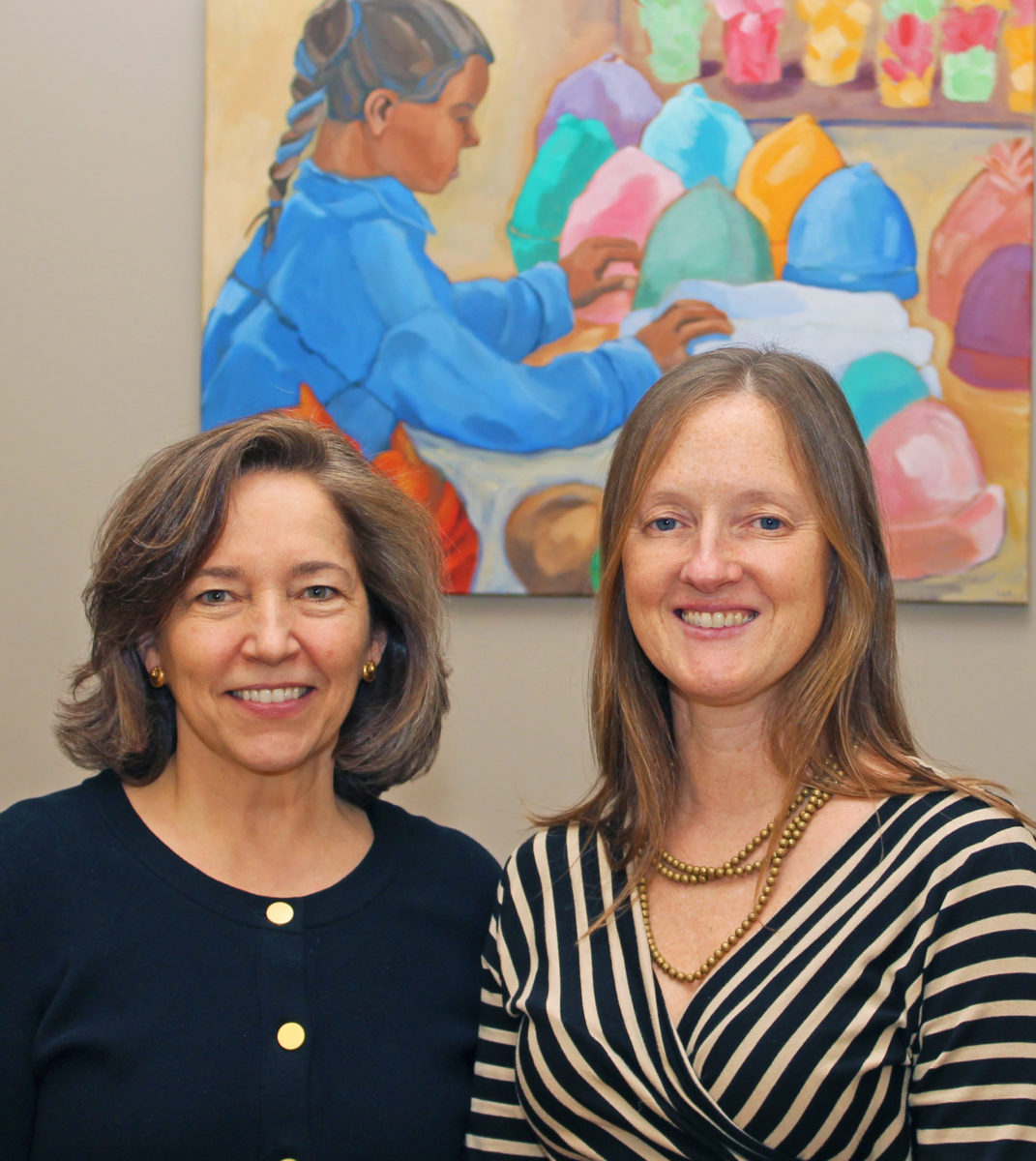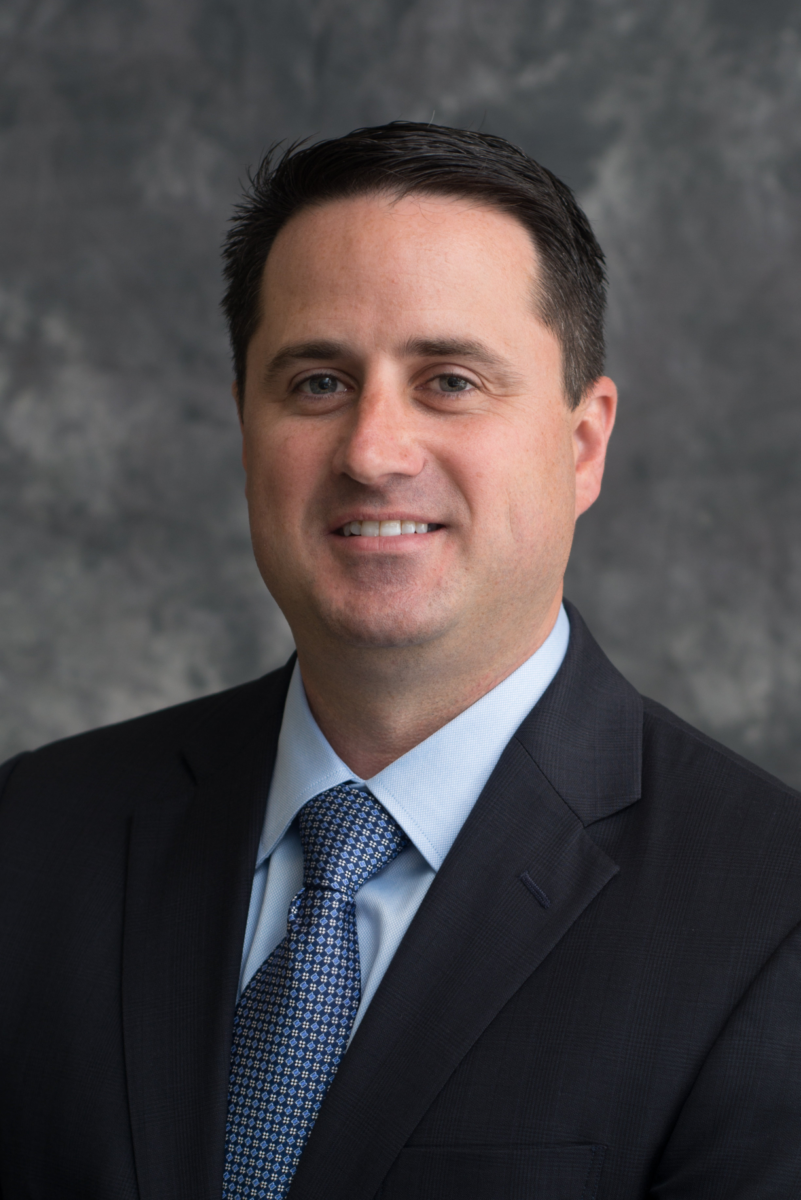At a time of uncertainty and anxiety in immigrant communities here and across the nation, a merger between Neighbors Link in Mount Kisco and the Pace Community Law Practice in White Plains will formalize a partnership between two nonprofit service organizations with overlapping missions.

Neighbors Link focuses on helping immigrants integrate into communities in Westchester County through efforts that include educational and employment programs. Pace Community Law Practice, founded in 2012, employs a staff of two lead attorneys, student fellows and volunteers to provide low-cost legal services. The two organizations began working together in 2014 on immigrant legal services, including naturalization and deferred action on cases involving undocumented juvenile immigrants to exempt them from deportation.Â
By merging the Pace practice into the operations of the immigrant community center in Mount Kisco, Neighbors Link Executive Director Carola Bracco said the organization can add an additional component to its offerings. “We have a very holistic approach to the services we offer and legal services was the last thing missing,” she said.
The legal service has been renamed the Neighbors Link Community Law Practice, though its office will remain at 33 Crane Ave. near the Pace law school campus in White Plains. The practice will also continue to work on cases taken outside of the Neighbors Link partnership.
Karin Anderson Ponzer, executive director of the community law practice, said the need for immigrant legal services in the county has continually grown.
 “The Pace Community Law Practice has really expanded and been so successful in providing legal services to immigrants because the need has been so great,” she said. The merger “was the best way forward for us to continue to expand the work we were doing.”
“The Pace Community Law Practice has really expanded and been so successful in providing legal services to immigrants because the need has been so great,” she said. The merger “was the best way forward for us to continue to expand the work we were doing.”
Anderson Ponzer is one of two full-time attorneys in the practice, along with Elizabeth Mastropolo. The office usually has six students from Pace University”™s Elisabeth Haub School on staff, along with private attorneys working pro bono.
The practice can take on about 200 cases per year. Immigration cases are lengthy, often spanning several years, said Anderson Ponzer, who has recently taken on cases that won”™t come before a judge until 2019. That can drive up expenses for immigrants obtaining legal representation, which is where an organization such as the Neighbors Link Community Law Practice enters in.
The law practice last year took on 30 cases to defend people at risk of deportation. Its legal services have particularly focused on unaccompanied minors, children who arrive at the U.S. border without an adult guardian and often are fleeing societal violence and poverty in Guatemala, El Salvador and Honduras.Â
From the beginning of October 2013 through July 2015, nearly 80,000 unaccompanied minors from Central American countries were detained by federal authorities along the Mexican border, the New York Times reported. In 2014, President Barack Obama declared an increase of unaccompanied children crossing the U.S.-Mexican border an “urgent humanitarian situation.”
 Children who do cross the border unaccompanied can qualify for special immigrant juvenile status. The Pace Community Law Practice has taken on 12 to 15 of those juvenile cases annually. That special status allows vulnerable children to apply for permanent resident status in the U.S.Â
Children who do cross the border unaccompanied can qualify for special immigrant juvenile status. The Pace Community Law Practice has taken on 12 to 15 of those juvenile cases annually. That special status allows vulnerable children to apply for permanent resident status in the U.S.Â
However, “This certainly is not a guarantee” that those children will not be deported, Anderson Ponzer said. “Our goal is just to make sure they have a right to have their case heard. They have a due process right under the Constitution.”
Other types of cases include renewing work permits, applying for green cards and helping naturalized citizens petition for family members to be allowed entry into the U.S.
Neighbors Link last year was awarded a three-year grant amounting to $175,000 annually from the state Office for New Americans to become a regional opportunity center for immigrants. Part of that funding is earmarked to provide free legal services to help immigrants apply for citizenship if they are legal permanent residents or are eligible for the deferred action for child arrivals program.
Last year, Neighbors Link helped 133 green-card holders apply for citizenship. That help includes subsidizing the $685 fee to apply for citizenship and utilizing a large network of volunteers to assist applicants. Neighbors Link also hosts citizenship drives during which volunteers guide immigrants through the intensive online citizen application process.
“If our mission is about integrating the whole community, and you have these workshops where about 25 laptops are set up and everyone is doing the application, and there are people from all parts of the community, then suddenly the center is an integrated place,” Bracco said.
The substantial volunteer network of Neighbors Link, which last year included 400 people and multiple programs throughout the county, was part of the draw for Pace Community Law Practice to merge with the group.Â
Anderson Ponzer described being pulled between acting as an executive director and lead attorney of a busy law practice. Now that the practice has the administrative backing of Neighbors Link, which operates on a yearly budget of about $2 million, she can focus on the law, she said.
“This brings together our strengths in a way that is a really great synergy,” Anderson Ponzer said. “We have a lot of potential to do what we do best together.”
While President Donald Trump took office this month after running as an immigration hardliner, promising to build a wall at the border with Mexico and do away with Obama”™s immigration actions, Neighbors Link said his election played no part in the organization”™s decision to launch the law practice.
“This was part of a plan long ago to bring on legal services,” Bracco said.
While Anderson Ponzer said there is an increased level of uncertainty around immigration policy, she expects the practice of immigration law will remain the same.
“Rather than being reactive,” she said, “we”™re going to keep on doing what we”™ve been doing, which is helping families with immigration issues and serving unaccompanied minors.”




















